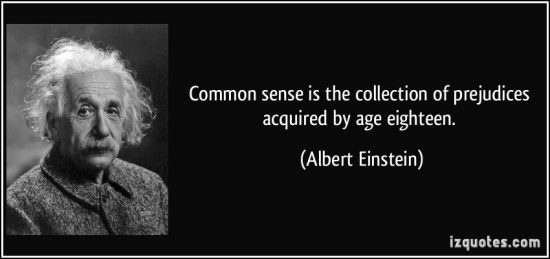The Reverse Luddite Fallacy
Economists can be surprisingly dangerous Most economists are convinced that automation will not lead to lasting unemployment. They point out – rightly – that it has not happened in the past. Instead, it has made products and services cheaper, which raises demand and creates new jobs. They say that the Luddites, who went round smashing weaving machines in the early nineteenth century, simply mis-understood what was happening, and this mis-understanding has become known as the Luddite Fallacy. But in the coming decades, automation may have a very different effect. Past rounds of automation replaced human and animal muscle power. That was...
